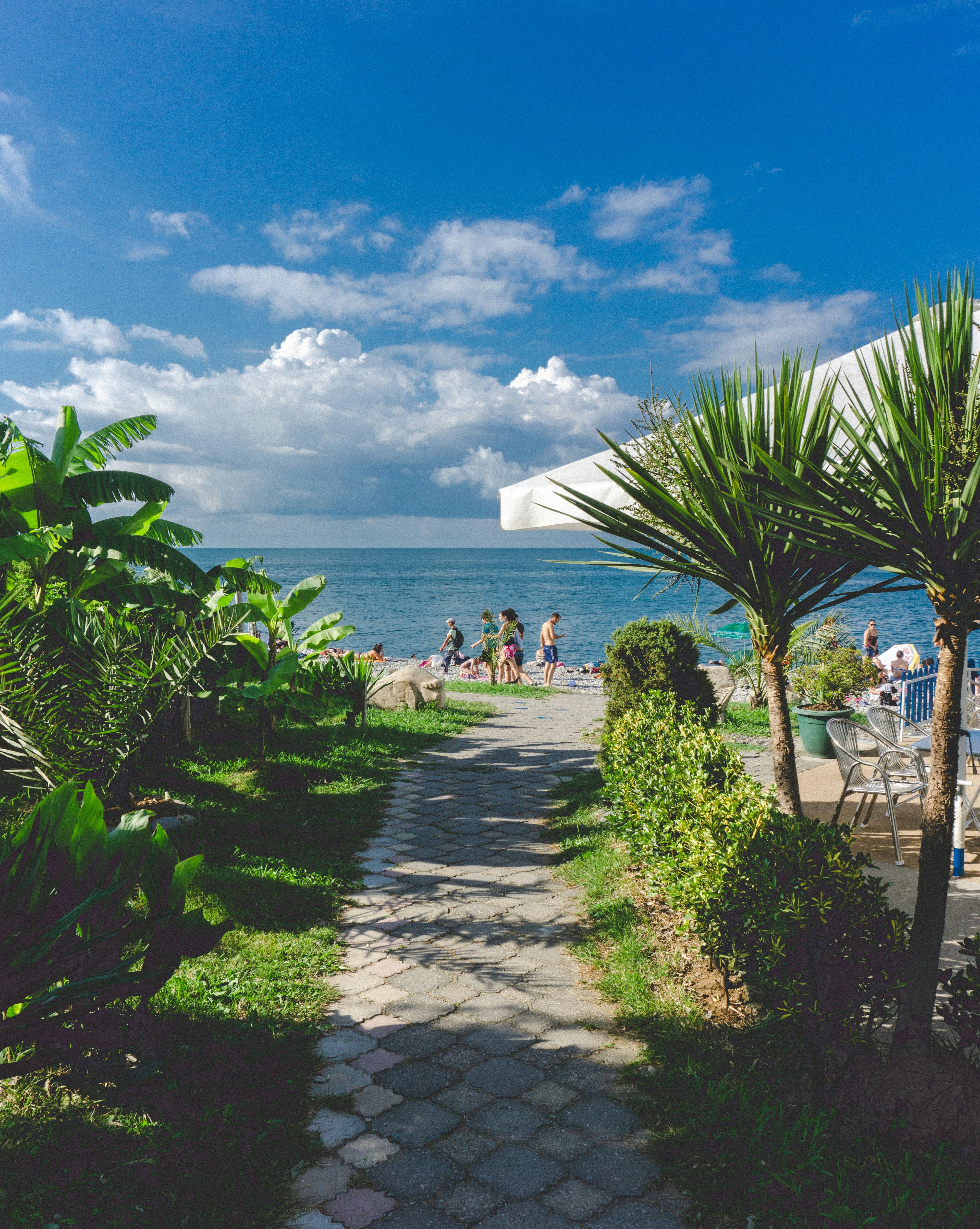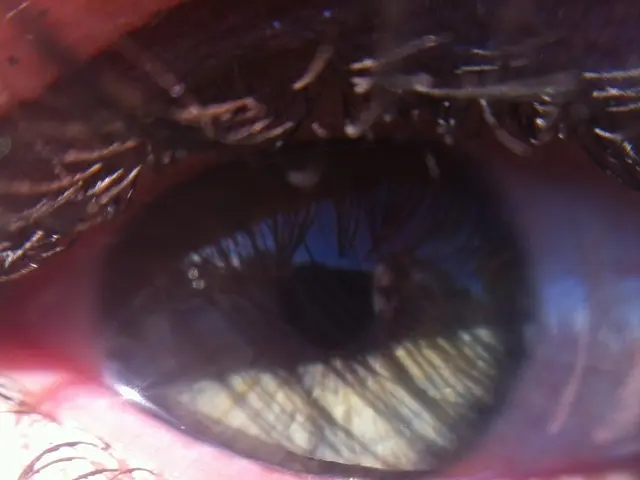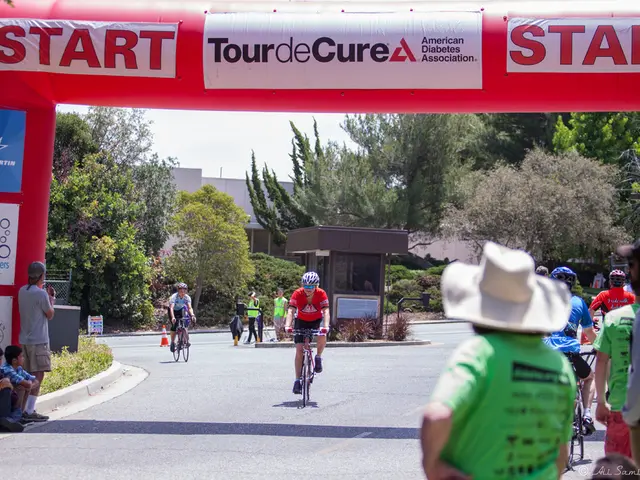Understanding Cold Sores: Recognizing Common Triggers
Herpes Simplex Virus and Cold Sore Triggers: Understanding the Link Between Diet and Outbreaks
Cold sores, also known as fever blisters, are caused by the herpes simplex virus (HSV), which is the same virus responsible for genital herpes. While there's no cure for HSV, recognizing and avoiding triggers – including certain foods – can help manage cold sore outbreaks.
Internal medicine physician Rafael Fernandez Bohorquez, MD, explains that HSV can remain dormant in the body for extended periods before becoming active due to various triggers.
Common Triggers of Cold Sores
triggerCold sores can be triggered by a variety of factors that stress the body, such as:
- Common colds
- The flu
- Extreme temperatures (both hot and cold)
- Eczema and sunburn
- Hormonal changes such as those experienced during the menstrual cycle or pregnancy
- Lip injury, cosmetic treatments, and lip fillers
- Lack of sleep and stress
Knowing these triggers can help avoid or minimize cold sore outbreaks. For instance, wearing a scarf or face covering during cold or windy weather can protect against flare-ups, while proper sun protection, including sunscreen, hats, and SPF lip balm, can help prevent skin cancer and cold sores.
Stress Management and Cold Sore Prevention
Managing stress through regular exercise, adequate sleep, and a balanced diet can improve overall health and potentially reduce the frequency of cold sores. These habits can also bolster the immune system, making it better equipped to fend off cold sore outbreaks.
Foods and Cold Sores: L-arginine and L-lysine
While there's no definitive evidence that certain foods can entirely prevent cold sores, understanding the role of amino acids, particularly L-arginine and L-lysine, in herpes can be useful. L-arginine, found in many protein-rich foods, stimulates herpes virus activity, but L-lysine, found in foods like fish, chicken, eggs, quinoa, shrimp, tofu, and tuna, can help suppress the virus.
Focusing on lysine-rich foods when feeling the initial tingling of a cold sore or exposed to a trigger might help reduce symptoms. Additionally, avoiding foods high in arginine, such as chocolate, rice, wheat products, and nuts, may also be beneficial.
Supplements and the Role of Medical Advice
While L-lysine supplements could potentially aid in cold sore management, it's essential to consult a healthcare provider first, as supplements may not be suitable for individuals with specific health conditions or on medications.
Healing Cold Sores Faster: Antivirals
Antiviral medications, available as over-the-counter creams or prescription oral medications, are the most effective treatment for speeding up the healing process of cold sores. Starting treatment as soon as the first signs of a cold sore appear ensures the most efficient results.
In the case of frequent cold sore outbreaks, a preventive oral antiviral medication prescribed by a healthcare provider can help minimize future outbreaks. Consult your provider if you experience repeated cold sores for guidance on finding an effective treatment option.
In conclusion, managing cold sore outbreaks involves being aware of triggers, adopting healthy lifestyle habits, and potentially adjusting your diet to reduce the frequency and severity of episodes. Speak with a healthcare provider for personalized advice and treatment options.
- Cold sores can be triggered by factors that stress the body, such as extreme temperatures, hormonal changes, lip injury, lack of sleep, and stress, as well as conditions like eczema and sunburn.
- Managing stress through regular exercise, adequate sleep, and a balanced diet can improve overall health and potentially decrease the frequency of cold sores.
- While certain foods cannot entirely prevent cold sores, focusing on lysine-rich foods like fish, chicken, eggs, quinoa, shrimp, tofu, and tuna, may help suppress the herpes virus when feeling the initial tingling of a cold sore or exposed to a trigger.
- In the case of frequent cold sore outbreaks, a healthcare provider may prescribe preventive oral antiviral medication, and antiviral medications are the most effective treatment for speeding up the healing process of cold sores.







